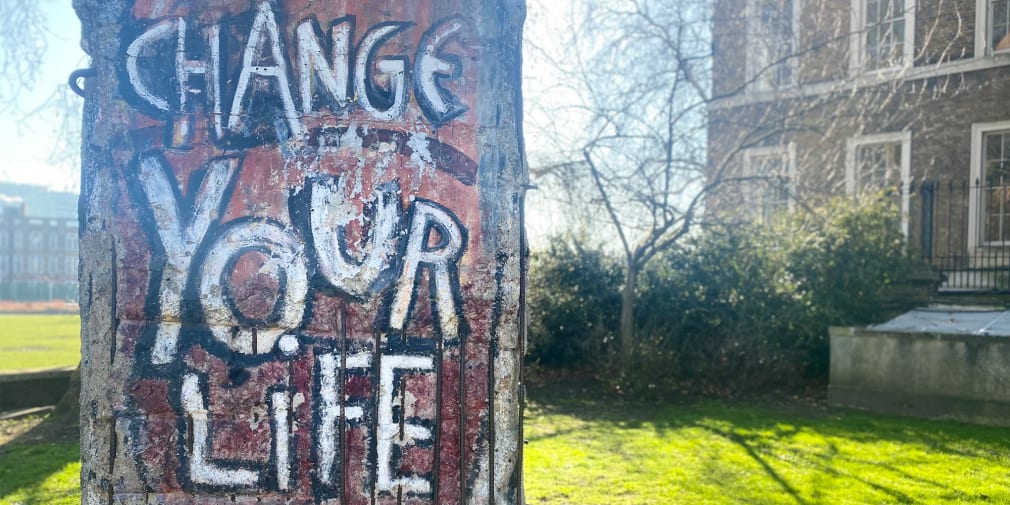Project duration: March – September 2021
Funded by: British Society of Aesthetics, Association for Art History
Project summary
TrAIN has received grants by the British Society of Aesthetics and Association for Art History for the project Decolonising the Arts that is seeking to explore the Eastern Europe within the context of transnational and global arts by creating a platform for the emergence of a community of artists and art historians bound by geopolitical experiences and/or interest in former Eastern Bloc.
The project aims to develop further relations between Eastern and Western experiences of colonialism. Providing a perspective on hidden legacy of ‘post-socialist human condition’ (Tlostanova, 2017) and little understood history of colonialism within the Eastern Bloc. It will do so locally at first, consolidating disparate research perspectives among the staff and doctoral students at UAL in the hope of developing partnerships with other universities and art organisations which will be open to the public. The project is led by TrAIN Associate Dr. Nela Milic in collaboration with TrAIN PhD student Ewelina Warner.
The art and cultural reality of the former ‘Eastern Bloc’ is still ‘underconceptualised’ (Tlostanova, 2017). The indifference seems to be on both sides, the East and the West - postcolonial studies rarely take into account Eastern and Central Europe, whilst postcolonial and cultural studies do not have a legitimate space in postsocialist countries. Since 1990s, however, a number of debates have been taking place in the Western academia and in specially created public platforms in the former Eastern Bloc. No theoretical conclusions have been reached on the subject so far and the main contributors to the conversations come from language and literary studies and scarcely from art. Theories and practices of decolonising art and heritage institutions have recently brought to the fore new opportunities to reflect on Eastern Europe, its legacy and underrepresentation in British arts institutions.

